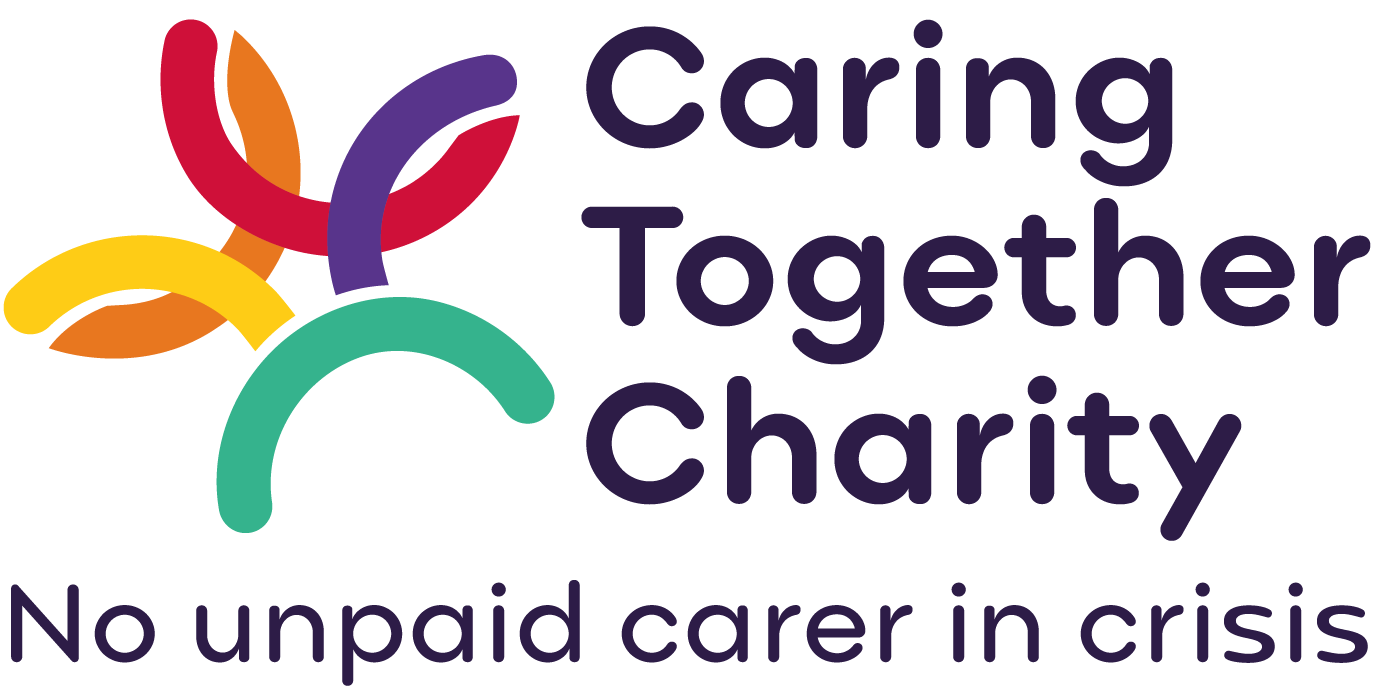A new Norfolk Guide to Assessments for Young Carers and their Families, believed to be the first of its kind in the UK, has been launched in Norwich with Norman Lamb MP describing it as ‘fantastic’.
Key partners of Carers Trust Norfolk came together on Carers Rights Day, Friday 25th November to celebrate the launch of the guide. Norfolk Young Carers Forum, run by Carers Trust Norfolk, has been working with Norfolk County Council Children’s Services to produce a guide to the new statutory right to a Needs Assessment for Young Carers.
Mr Lamb, North Norfolk MP and a former Care Minister, said “It is critically important that we support young carers.”
It is estimated there are more than 12,500 young carers aged 5-25 in Norfolk – as many as two pupils in each class – and identifying them early is vital. They can be provided with support following a Carers Assessment to safeguard their wellbeing, and many young care givers are unaware that this is available for them.
A Carers Trust Cambridgeshire, Peterborough, Norfolk spokesperson, said “The new guide explains in very simple terms what an assessment is. The guide is intended to help and support young carers and their families. It can seem daunting, but it is a simple process of asking them some questions about their caring role to find out what they are doing if identify how they can be helped.
“We know that being a young care giver can affect their school work and result in bullying and isolation, and have a considerable impact on their childhood and “We hope that children and young people with caring responsibilities can be more easily identified and helped, along with their families, to access the right support after being given a Young Carers Needs Assessment.”
Guests included Professor Jo Aldridge, a leading academic on young carers, who were told by members of Norfolk Young Carers Forum that the new guide would provide young carers and their families with appropriate and timely support. Professor Aldridge stated that she believed the guide to be the first of its kind to have been produced in the country.
Download a copy of the guide – Click here





